Festivals in Equatorial Guinea, located on the west coast of Central Africa, is a country with a rich cultural tapestry influenced by its diverse ethnic groups. The festivals and holidays in Equatorial Guinea reflect the nation’s unique blend of indigenous traditions, Spanish colonial heritage, and contemporary expressions of cultural identity. In this exploration, we will delve into some of the most relevant festivals and holidays in Equatorial Guinea, examining their historical origins, cultural significance, and the ways in which they contribute to the nation’s identity.
1. Independence Day – October 12th
Independence Day in Equatorial Guinea is celebrated on October 12th, marking the day in 1968 when the country gained independence from Spanish colonial rule. The day is marked by official ceremonies, parades, and cultural events across the nation. Independence Day is an occasion for reflecting on the country’s history and expressing national pride.
In Malabo, the capital, and other cities, people gather to witness military parades, cultural performances, and festivities. The celebration emphasizes Equatorial Guinea’s journey to sovereignty and serves as a unifying event for the diverse communities that make up the nation.
2. Festival de la Libertad – October 12th
The Festival de la Libertad is a cultural celebration that coincides with Independence Day on October 12th. This festival features a range of activities, including traditional dances, music performances, and exhibitions showcasing Equatorial Guinea’s cultural diversity.
Communities come together to participate in the festivities, and the festival serves as a platform for promoting and preserving the country’s rich cultural heritage. Through artistic expressions and cultural displays, the Festival de la Libertad contributes to the sense of national identity.
3. Carnival – February/March
Carnival is a festive season celebrated in various countries around the world, and Equatorial Guinea is no exception. The celebration typically takes place in February or March, preceding the Christian season of Lent. While the dates may vary, Carnival is known for its colorful parades, vibrant costumes, and lively music.
In Equatorial Guinea, particularly in the capital Malabo and the largest city, Bata, Carnival is marked by processions, street parties, and cultural performances. The festivities provide an opportunity for communities to come together, celebrate, and showcase their creativity.
4. Corpus Christi – May/June
Corpus Christi is a Catholic festival celebrated in Equatorial Guinea, as in many other countries. The celebration honors the presence of the Eucharist in the Catholic Church and includes religious processions, church services, and traditional dances.
In communities across Equatorial Guinea, Corpus Christi is a time for both religious observance and cultural expression. The colorful street carpets made of flowers and sawdust, a common feature of Corpus Christi celebrations, add a distinctive touch to the festivities.
5. National Day – October 12th
In addition to Independence Day, National Day is celebrated on October 12th as a way to commemorate the country’s independence and express national pride. The day is marked by various events, including official ceremonies, cultural performances, and community gatherings.
National Day provides an opportunity for Equatorial Guineans to reflect on their shared history and the progress the country has made since gaining independence. It reinforces a sense of unity and patriotism among the diverse ethnic groups that make up the nation.
6. Festival of the Annunciation – March 25th
The Festival of the Annunciation, celebrated on March 25th, is a religious observance that commemorates the announcement of the Angel Gabriel to the Virgin Mary. The festival includes church services, processions, and cultural activities.
While the Festival of the Annunciation is rooted in Christian traditions, it also reflects the cultural diversity of Equatorial Guinea. Communities may incorporate traditional elements into the celebrations, adding a local flavor to the religious observance.
7. Mongomo International Cultural Festival – November
The Mongomo International Cultural Festival is an annual event held in the city of Mongomo, attracting participants from various countries. The festival showcases cultural performances, traditional dances, and artistic expressions from Equatorial Guinea and beyond.
Mongomo, located in the mainland region of Equatorial Guinea, becomes a hub for cultural exchange during the festival. The event fosters connections between different communities and promotes a broader understanding of cultural diversity.
8. Bata International Film Festival – November
The Bata International Film Festival is an emerging cultural event that highlights the cinematic arts in Equatorial Guinea. Held in November, the festival attracts filmmakers, artists, and cinephiles from the country and the wider region.
The film festival provides a platform for showcasing local and international films, fostering cultural exchange, and promoting the growth of the film industry in Equatorial Guinea. It reflects the country’s engagement with the global arts scene and its commitment to supporting creative expression.
9. Festival of Saint Elizabeth – November 5th
The Festival of Saint Elizabeth is a religious celebration that honors Saint Elizabeth of Hungary. Celebrated on November 5th, the festival includes church services, processions, and community gatherings.
While the festival is rooted in Catholic traditions, it also serves as a cultural event that brings communities together. It provides an opportunity for people to express their faith and participate in communal activities.
10. Traditional Ngannaga Festival
The Ngannaga Festival is a traditional celebration of the Fang people, one of the major ethnic groups in Equatorial Guinea. While the specific dates may vary, the festival typically involves traditional dances, music, and rituals that celebrate the community’s cultural heritage.
The Ngannaga Festival provides a glimpse into the rich traditions of the Fang people, emphasizing the importance of cultural preservation and community bonding. It is an occasion for passing down traditional practices from one generation to the next.
Conclusion
Equatorial Guinea’s festivals and holidays offer a window into the nation’s cultural diversity, historical depth, and contemporary expressions of identity. From Independence Day to the colorful Carnival celebrations, each event contributes to the multifaceted tapestry of Equatorial Guinea’s cultural landscape.
These festivals are not just occasions for celebration; they are expressions of the country’s resilience, creativity, and commitment to preserving its unique identity. Whether through religious processions, cultural performances, or film festivals, Equatorial Guineans come together to celebrate their history, culture, and shared values.
Moreover, these celebrations serve as a bridge between Equatorial Guinea and the wider world, fostering cultural exchange and dialogue. Events like the Bata International Film Festival and the Mongomo International Cultural Festival showcase the country’s engagement with global artistic and cultural currents.
As Equatorial Guinea continues to evolve, these festivals will undoubtedly remain integral to the fabric of the nation. They provide a space for both Equatorial Guineans and visitors to engage with the cultural richness of the country, experiencing the traditions, stories, and collective spirit that define this unique Central African nation.


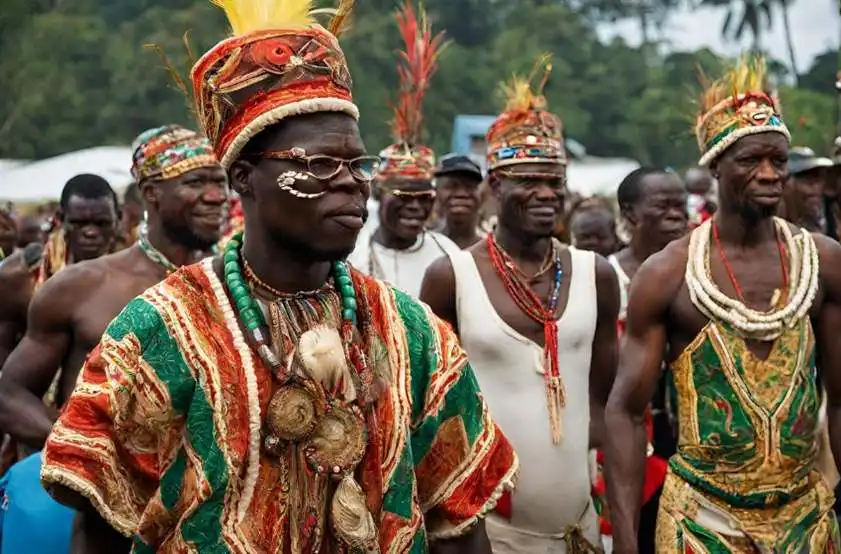



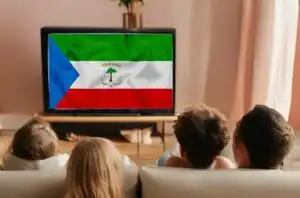









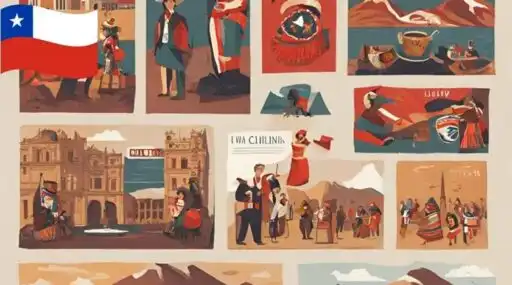
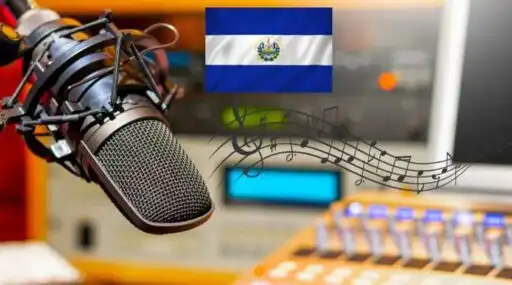
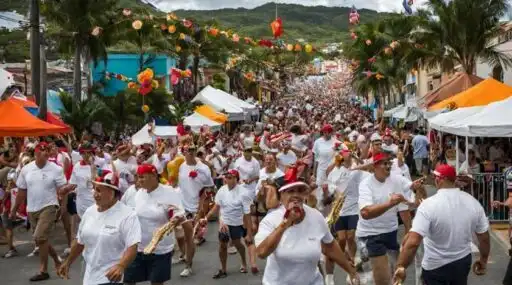
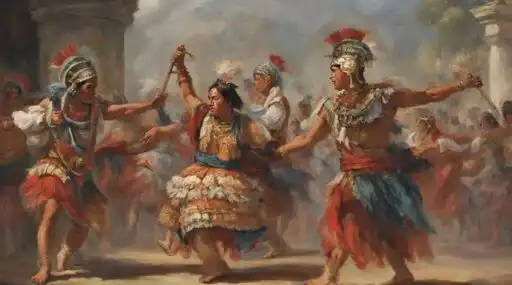
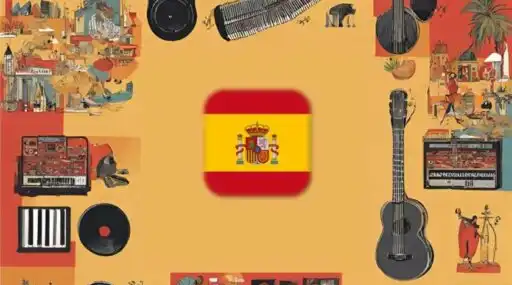
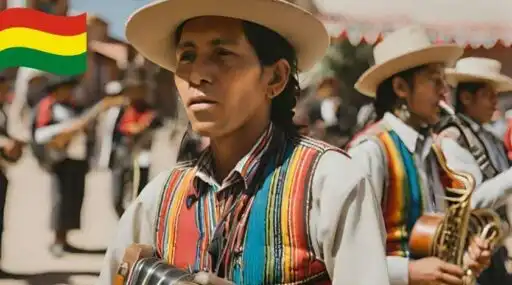

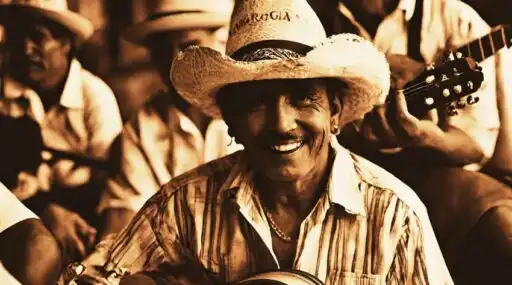
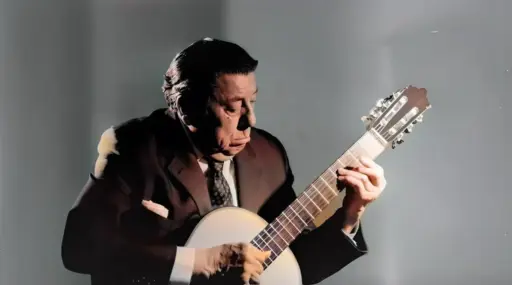
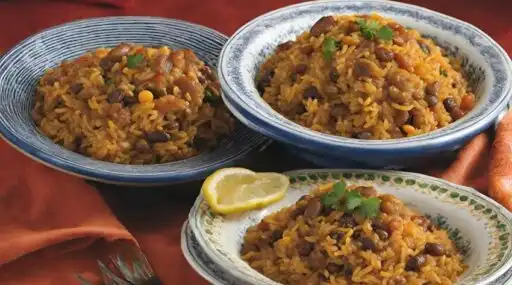
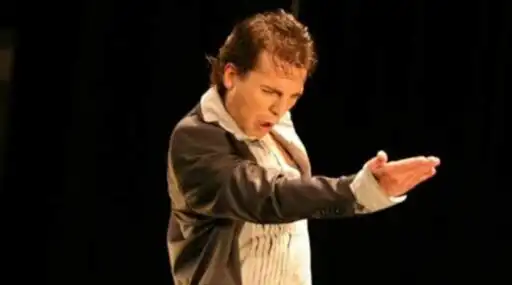
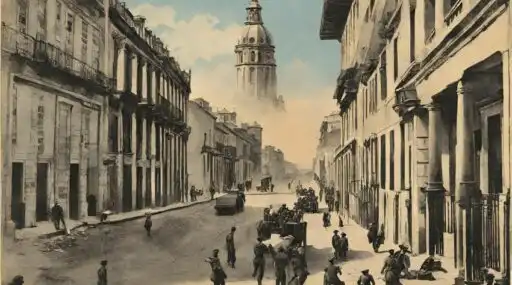
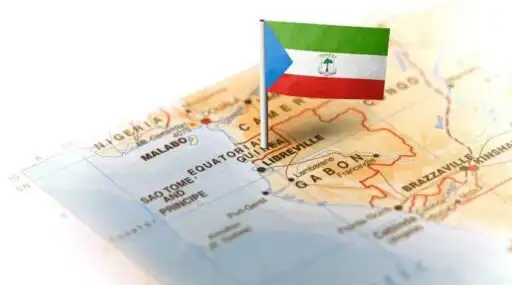
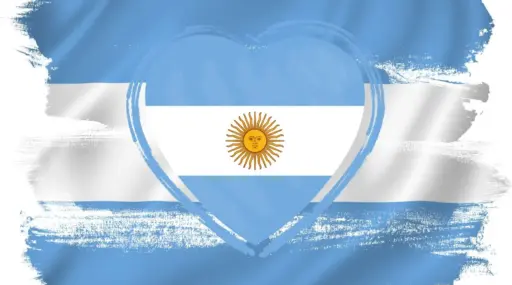
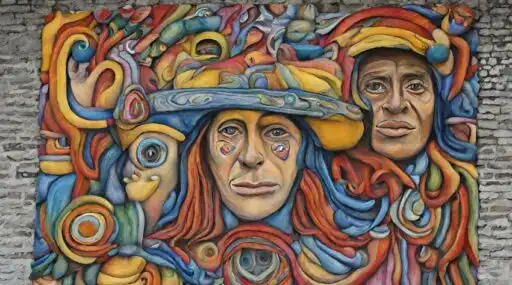
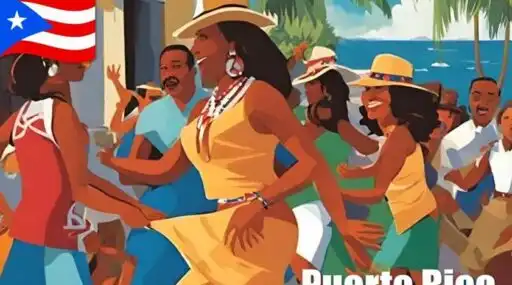
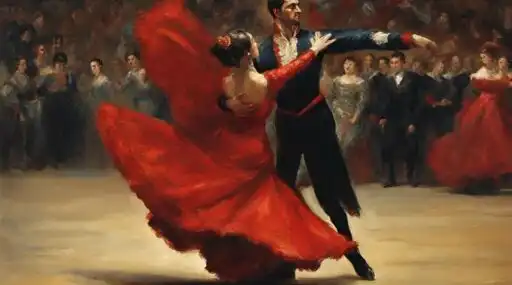
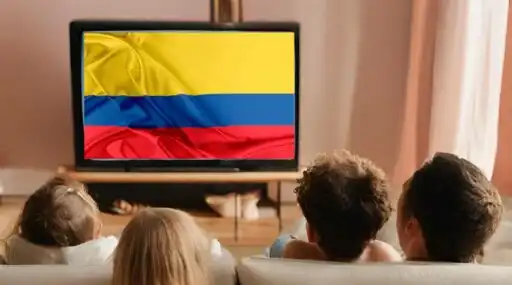
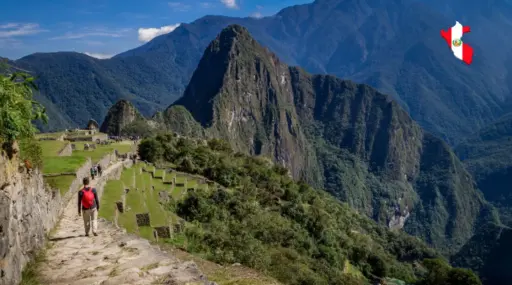
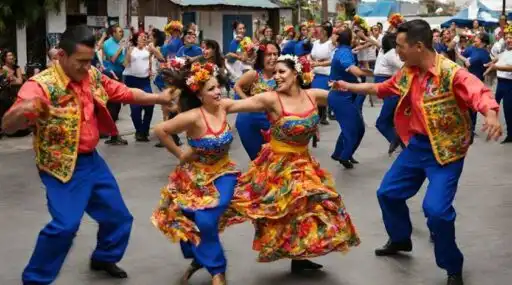
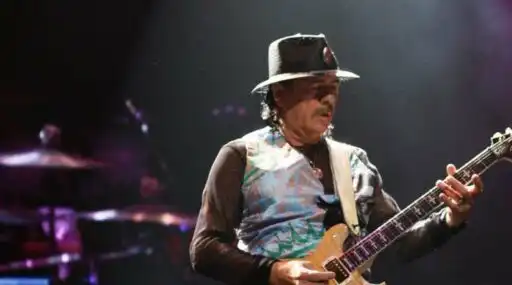
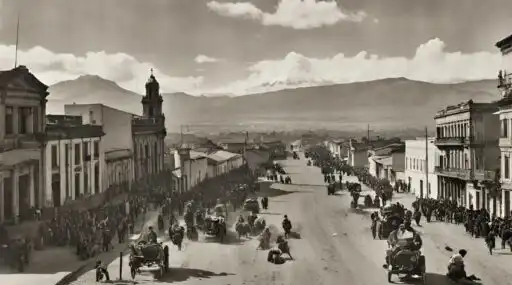
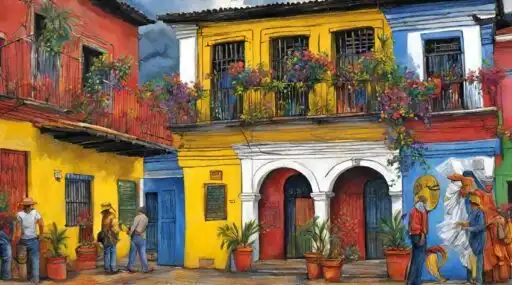
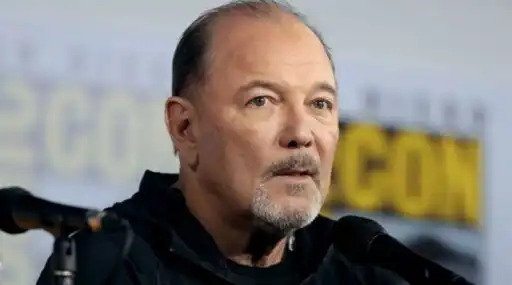
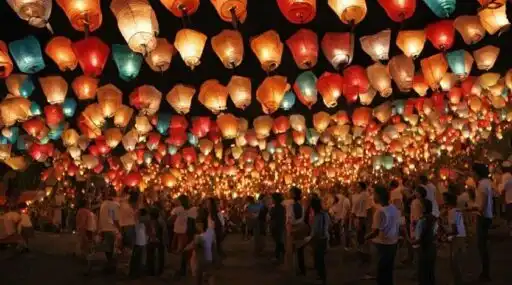
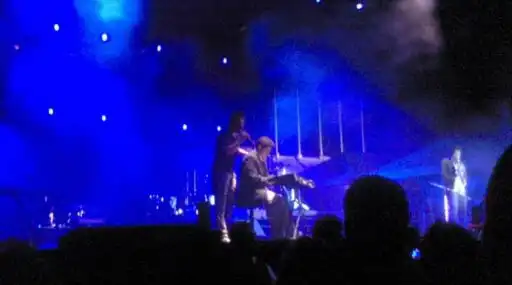
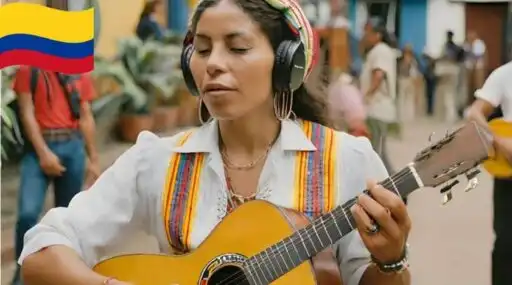
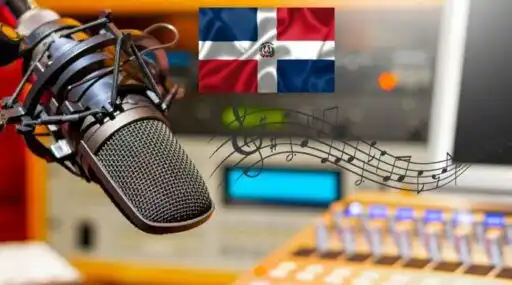

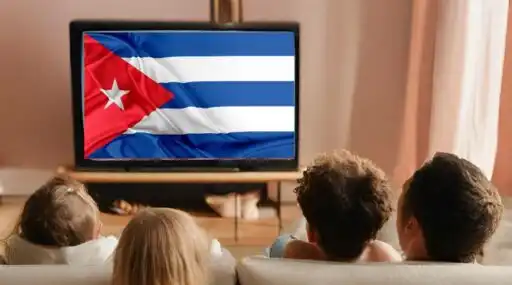
Leave a Reply